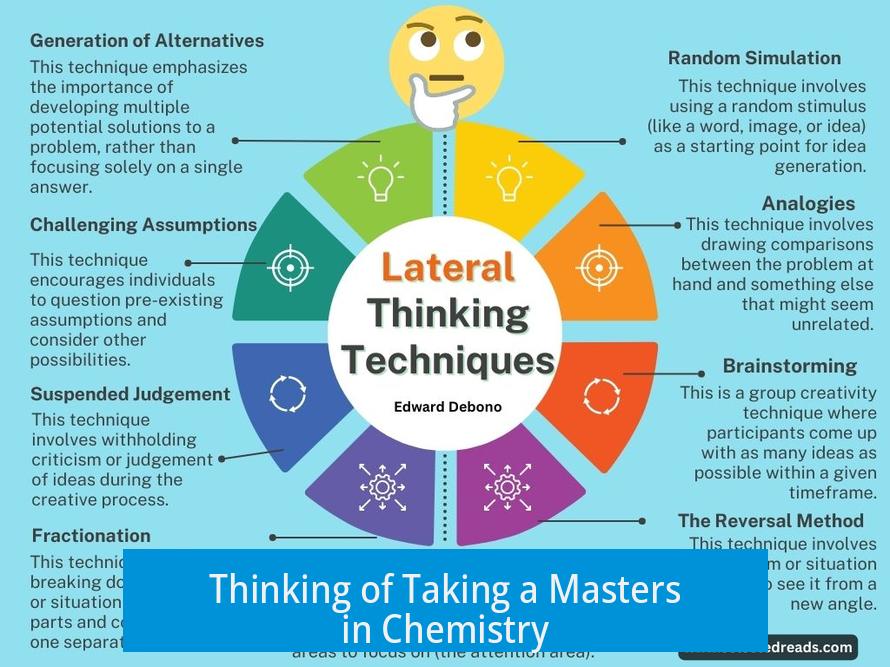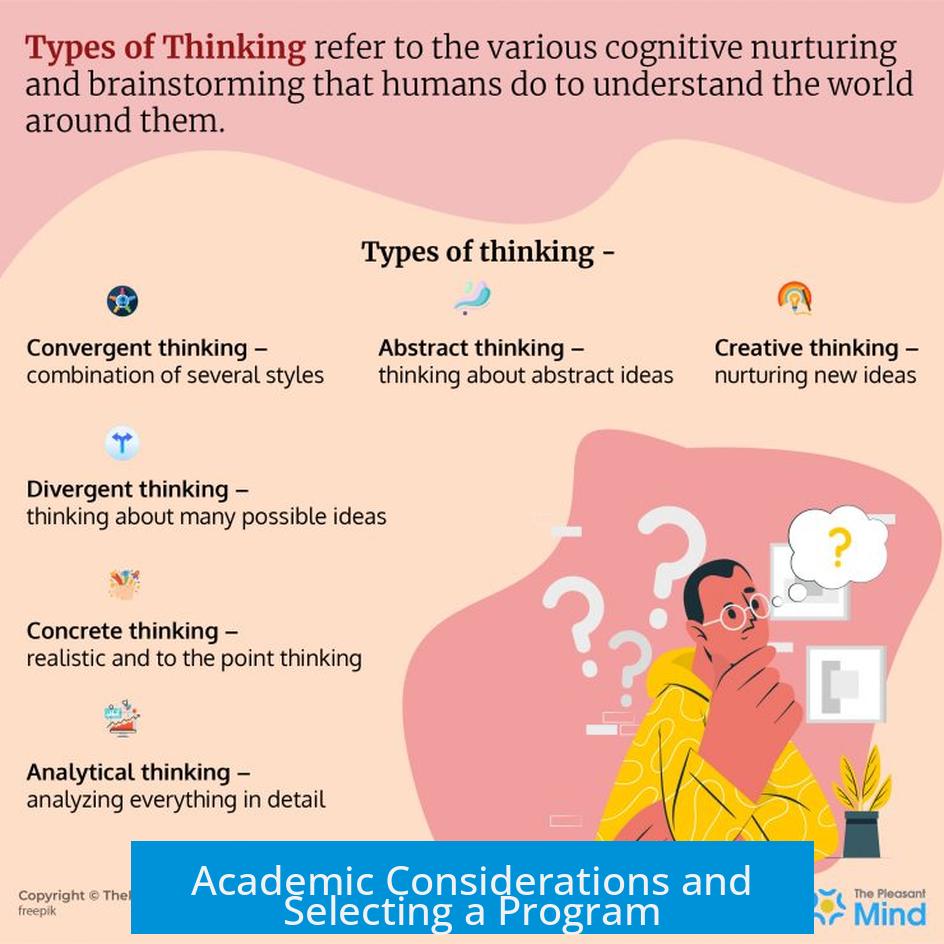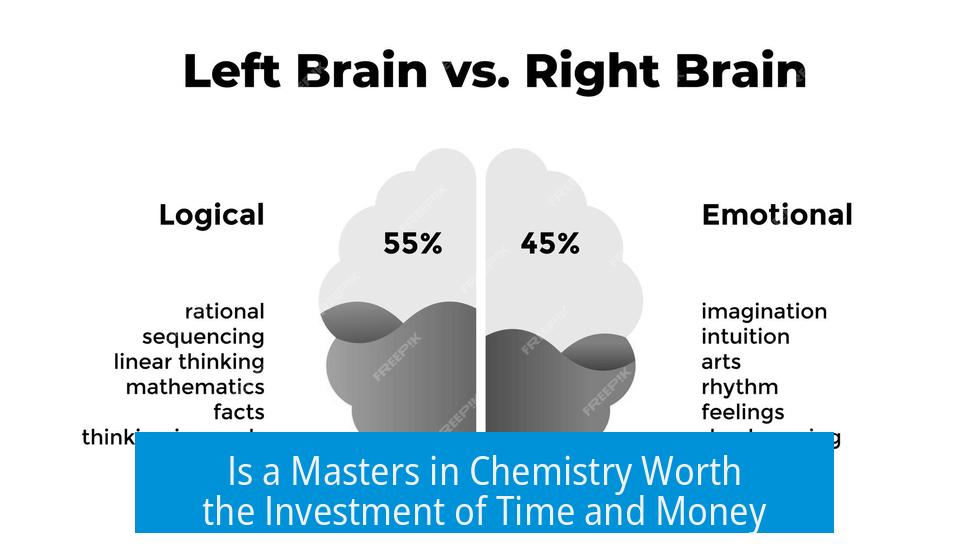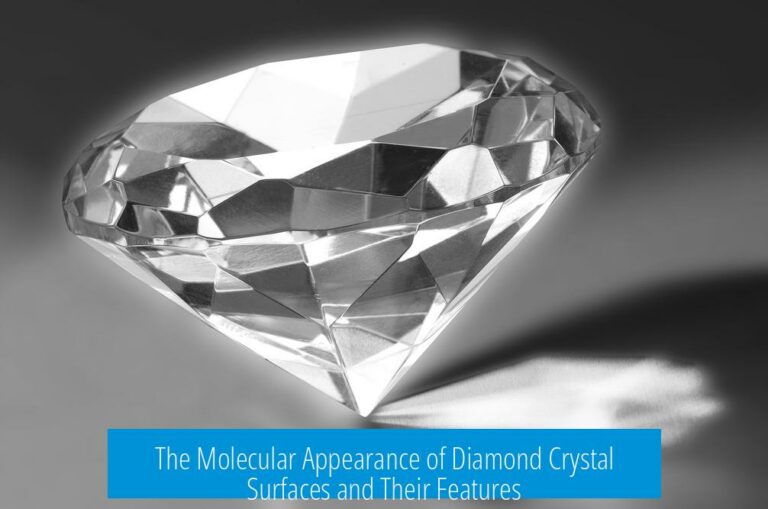Thinking of Taking a Masters in Chemistry

A Master’s degree in Chemistry can offer specialized knowledge and research experience, but its value depends heavily on career goals, financial factors, and program options. This article explores key considerations when deciding whether to pursue a Masters in Chemistry.
Financial Considerations and Program Availability
Master’s programs in Chemistry often come with high tuition costs. Many reputable institutions limit the availability of standalone master’s programs, favoring direct entry into PhD studies instead. This scarcity can reduce options for prospective students.
One alternative is enrolling in a PhD program. Many programs allow students to leave after two years with a master’s degree, often after receiving a stipend. In this case, the graduate does not pay tuition and receives financial support, which lowers the economic burden significantly.
- PhD students usually get higher stipends than Master’s-only students.
- Some institutions offer stipends for Master’s students, but these are typically smaller.
- Leaving a PhD after two years with a master’s can provide financial advantage compared to a standalone Master’s pathway.
Career and Job Market Value of a Masters in Chemistry
In chemistry, a master’s degree does not always lead to better job prospects compared to gaining industrial experience. Many employers highly value practical work experience and may not differentiate much between a Bachelor’s plus work versus a Master’s degree.
Among chemists, the Master’s degree sometimes carries less respect than in other fields. However, for those wanting to engage in research without committing to a PhD, a Master’s provides some flexibility. It offers an opportunity to deepen knowledge and earn recognition as a researcher.
For those targeting careers in specialized areas like catalysis or inorganic chemistry, a Master’s degree may be less valuable for high-paying research and development (R&D) roles. A PhD is often the preferred credential to obtain advanced roles with significant control over research projects.
Work experience is critical, but without further qualifications, career advancement may plateau. Certain niche jobs, such as administrative roles in specialized industries (e.g., oenology or wine science), commonly require a Master’s for entry.
Academic Considerations and Selecting a Program

Choosing the right professor and research group is vital. Each faculty member focuses on distinct fields within chemistry. Prospective students should review faculty research interests carefully to align with their own.
Most professors actively seek graduate researchers and may encourage applicants to join their projects. This dynamic offers opportunities for collaboration but also requires students to find a good fit for their interests and career plans.
Time Investment and Strategy
The approach of starting a PhD program and then departing with a Master’s degree can result in spending more time than a dedicated Master’s program would require. This strategy may delay career entry or further study.
Delaying pursuing academic goals is generally discouraged. The time when students are young and motivated is optimal for continued education. Even if working for a year or two before graduate study is necessary, long-term benefits may justify this choice.
Students should research the job market through employment sites to understand current demand and career outlook. This data-driven approach helps align education choices with market needs.
Summary Opinions and Recommendations
- Pursuing a PhD is usually the best option for those seeking advanced research roles or leadership in Chemistry.
- If a paid Master’s program fits personal goals and finances, it can be worthwhile.
- Contrary to some views, a Master’s degree can benefit individuals who have carefully considered their path.
- A PhD is more challenging and often requires prior Master’s-level training depending on the institution.
Key Takeaways

- Master’s programs in Chemistry vary widely in availability and cost.
- PhD pathways often provide financial support plus the option to opt for a master’s degree early.
- Industry experience may sometimes offer better career advancement than a standalone Master’s.
- Aligning research interests with a professor’s work is crucial for academic success.
- Assess job market demands before choosing educational routes.
- A carefully planned Master’s degree can aid certain specialized careers.
Thinking of Taking a Masters in Chemistry: Is It Worth Your Time and Money?
So, you’re thinking of taking a Masters in Chemistry? Right off the bat, it’s essential to weigh the benefits against the challenges, especially in terms of finances, career impact, and academic experience. Chemistry isn’t like an easy stroll in the park, and a Masters degree here can have a unique flavor compared to other fields.
Let’s break down this decision carefully, armed with real talk and a dash of humor because, hey, graduate school isn’t always fun but knowing what you’re stepping into might make it a bit easier.
High Cost: The Elephant in the Lab
First, let’s talk money. Doing a Masters in Chemistry can cost a pretty penny. Many quality programs don’t even offer a Masters separately; they go straight to PhDs.
You have to pay a lot of money to do a masters and many good programs do not even offer them.
Ouch, right? But there’s a clever workaround: consider enrolling in a PhD program. Many students start with the PhD, and if they decide it’s not their cup of chemical tea, they can leave after two years with a free Masters degree. Plus, you might get paid a stipend during this time—no need to take up those stressful part-time jobs just to survive.
Do a PhD program and if you like it you can stay and if not leave after 2 years with a probably more useful masters that you got for free while they paid you a stipend so you don’t have to work those 2 years.
Keep in mind, some universities do offer stipends even if you start in a Masters program, but they tend to be less generous compared to PhD stipends. So, money-wise, the PhD route might be smarter.
Masters Degree vs Experience: Clash of the Titans

Here’s a nugget that can make you think twice: in the chemistry job market, a Masters degree doesn’t always guarantee you better roles or higher pay. Many employers value hands-on experience more.
Chemistry is one of those fields where a masters doesn’t benefit you too much in the job market. Spending that ~2 years getting industrial experience instead would leave you more financially secure and with comparable experience for a more advanced role afterwards.
Tell that to someone wondering why they’re stuck in entry-level roles with a shiny Masters in hand! Unfortunately, within the chemistry community, the Masters degree often doesn’t carry the same respect as it does in other disciplines.
In my experience, chemists unfortunately don’t respect the MS as much as other fields do.
But wait—what if research is your passion and you want more freedom before plunging into full-blown research careers? The Masters can serve as a great stepping stone.
If you want to just do some research and have a little more flexibility before starting your career, then the MS could still be a good move as you’d be doing something you enjoy.
For those who crave more control over their research or want to dive deeper academically, the PhD is your golden ticket.
If you want to learn more or think you might want to have more control over your research then join a PhD program.
Bear in mind, if you are eyeing specialized fields like catalysis or inorganic chemistry, a Masters might not open the high-paying R&D doors you’re dreaming of.
Go for phd for sure. MS on catalysis or inorganic chemistry is pretty useless for high paying RD work.
That said, work experience remains king. But without the right qualifications, hitting the career ceiling becomes a real risk.
Sure, work experience is important too but without proper qualifications you’ll reach the roof soon and then that’s it.
Here’s a quirky example: one person pursued a Masters in oenology (fancy word for wine studies). They believe this degree is crucial for landing a respectable administrative role in the wine industry—something impossible without it.
I’m doing a master in oenology, hoping that I’ll be able to get an administrative job into the wine industry one day. Without a masters I’d never be accepted by serious companies (for the position I’m after).
Choosing the Right Program: Match Your Research Interest
Picking the right Masters program is more than just prestige. It’s about the professor you’ll work with, your research focus, and how well it fits your passion.
Each chemistry professor has their own field of interest and you have to decide which prof. to study under. So if you are looking at a particular school, look at what the profs are currently researching to find one that is in your area of interest.
Fun fact: professors love having graduate students! They’re eager to rope you into their projects, so expect some gentle persuasion to pick theirs.
All (most) of the profs want grad student researchers so each one will probably try to get you to work on their projects.
Time Matters: Masters or PhD Route?
If you opt for the classic ‘start PhD then get a Masters if you bail’ route, prepare for a time twist. You might spend more total time earning the Masters than you would in a dedicated Masters program.
The ‘start a PhD then leave with a masters’ plan is okay, but you’ll honestly spend more time getting the MS than you would in a MS-specific program.
Don’t postpone your academic goals just because life seems busy now. Your youth and motivation are your best allies in this adventure.
Never leave something you can do now for later, you are young and motivated so it’s probably the best time for you to go on with your academic goals. So what if you have to work for a year or two, you’ll be thanking yourself for the rest of your life.
Before you dive in, do some serious market research. Check job sites, talk to industry insiders, and see what employers demand.
Go to job searching site and find out what market needs.
What’s the Final Verdict?
Almost universally, experts suggest: go for the PhD if you can. It offers the most flexibility, funding, and respect in the chemistry world.
Go for phd for sure.
But if a paid Masters program matches your goals and passion, and you’ve thought it through, take the plunge. It’s your education and future, after all.
But if that sounds fine to you and you can find a paying program, I say go for it.
And a shout-out to the skeptics who say a Masters won’t benefit you: consider that PhDs are tough and often require a Masters foundation, so one isn’t truly separate from the other.
I don’t understand these people saying MSc doesn’t benefit you. You should definitely do it if you have thought about it. PhD is much harder and pretty much impossible without having a masters first.
Final Thoughts
Thinking of taking a Masters in Chemistry? It’s a decision that should be tied closely to your career goals, financial situation, and research interests. If you’re aiming for a practical career with respect in industry, gaining work experience might outweigh a Masters unless it’s a specialized field that demands it.
However, if research excites you, and you want to explore the depths of science with some financial support, the PhD path might be your best choice. And remember: choosing the right supervisor is a critical factor—find one who aligns with your passions.
Don’t rush, but don’t put it off forever. The perfect mix of timing, program, and your motivation can make your Masters in Chemistry a rewarding step forward rather than a costly detour. And hey, you might even get to wear that cool lab coat while you’re at it!
1. Is it better to start a PhD and leave with a masters if I don’t like it?
This approach can save money and provide a stipend. However, you might spend more time earning the masters this way than joining a dedicated MS program.
2. Does a master’s degree in chemistry improve job prospects?
In chemistry, a master’s often adds little value compared to gaining industrial experience. Advanced roles may require a PhD or significant work experience.
3. Can I get financial support during a master’s program?
Some programs offer stipends to MS students, but these are usually lower than PhD stipends. Look carefully at funding options before choosing a program.
4. How important is choosing the right professor for my master’s research?
Very important. Find a professor whose research matches your interests. They often seek graduate researchers and can guide your work closely.
5. Should I consider work experience over a master’s degree?
Work experience is valuable, but without advanced qualifications, career growth can plateau. A master’s may help you move beyond entry-level roles.
6. Is a master’s necessary for specific fields within chemistry?
Some fields, like oenology or administrative roles in industry, may require a master’s. For research or development roles, a PhD is often preferred.





Leave a Comment